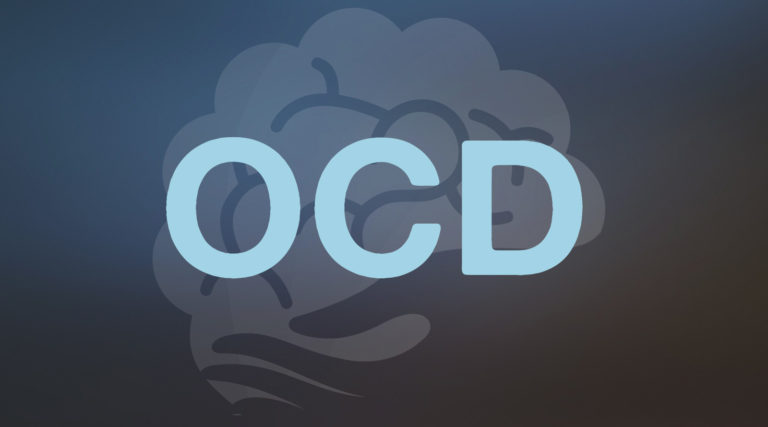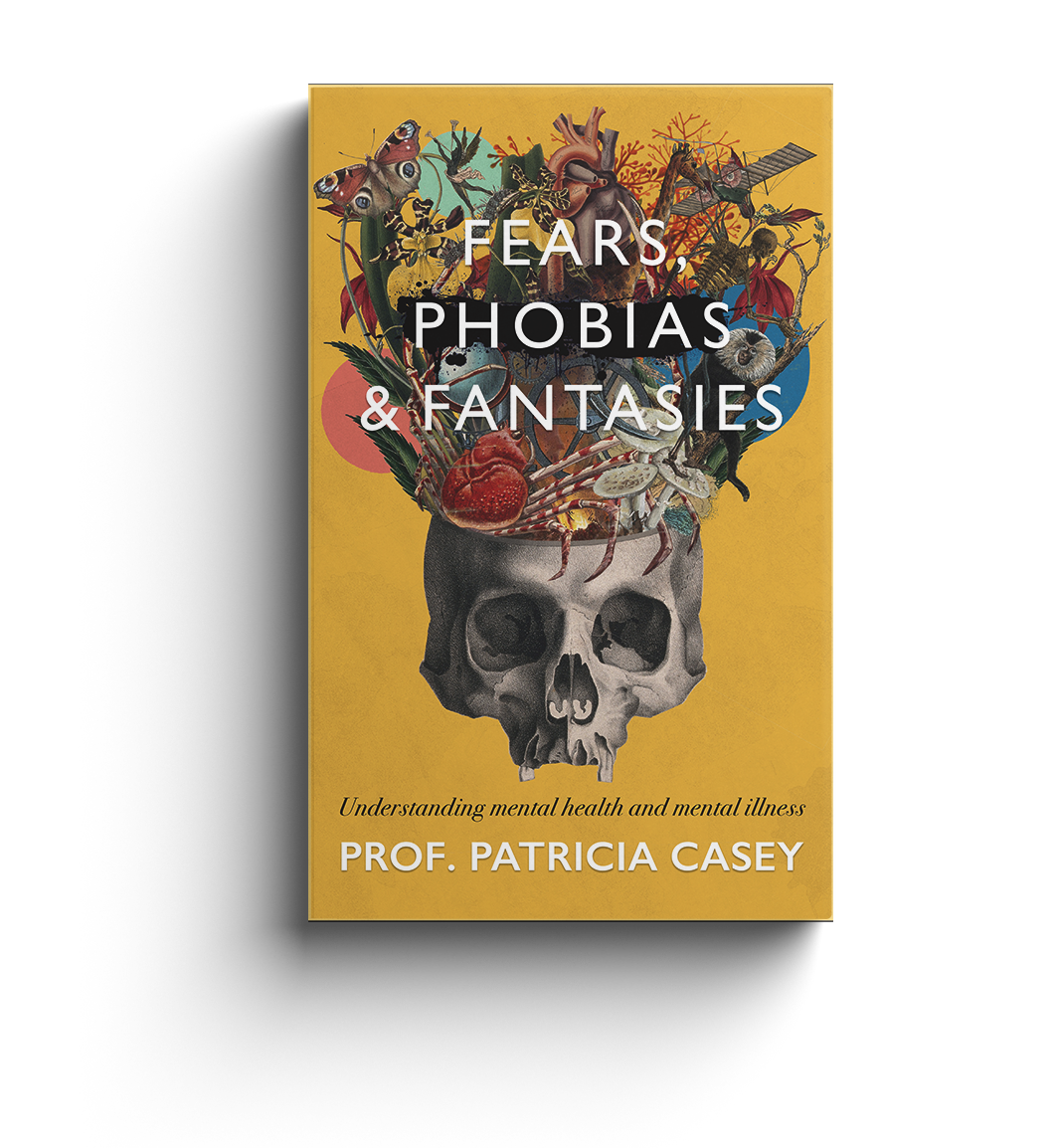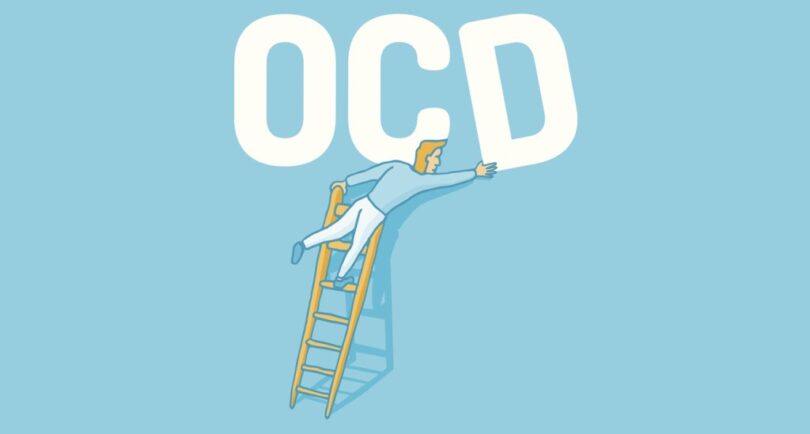Exclusive extract taken from Prof. Patricia Casey’s latest book Fears, Phobias & Fantasies: Understanding mental health and mental illness (2021)
THE LIVED EXPERIENCE

Do you fancy her? Are you secretly gay? You’re living a lie. Did you have a sensation there? God I don’t think so. But what if it was sexual arousal? Oh fuck. Remember that thought you had about friends and family? Yes. Oh no. You’re disgusting. Do I fancy them? Probably. Oh my god. I know I don’t want to be with them. But why do these thoughts keep coming?
Oh god here’s another one …
I initially thought I could solve these mental puzzles. I believed that I could control these thoughts. I believed that these thoughts were a manifestation of the ‘true’ me. I would embark on a mental quest to prove or disprove each idea. This was obsessive-compulsive disorder (OCD), only I didn’t know it then.
I first experienced intrusive sexual thoughts when I was 12 years old. I would get intrusive homosexual thoughts, images, sensations. I would be terrified by them. I would respond to every thought by trying to mentally solve, disprove, eliminate or neutralise them. These responses are actually compulsions only I didn’t know that. Compulsions are anything you do to reduce the anxiety that the thoughts trigger. They seem to work initially but then a new thought comes along which causes anxiety and needs to be ‘dealt’ with. On and on it goes, cycle after cycle of panic and relief. Until you feel exhausted, drowning in doubt and removed from reality.
When I was not experiencing OCD I would look back at the thoughts and think, they’re only thoughts, why was I so worried? I know who I am. I don’t need to worry. All is well. Until the next episode of OCD. The same thoughts and images going round and round in my head. Causing what feel like mini heart attacks each time.
Then a new theme presented itself. Fear of infidelity. Why are my boyfriend and best friend getting on so well? Oh god look at them they just hugged. Oh my god what if he thinks she is more attractive than me? What if they kissed in the bathroom? I would never know. Oh god. Oh no. Round and round the terrifying thoughts would go.
Despite the mental torture I regularly endured, I had a great childhood, teenage years and early adulthood. I had wonderful relationships with my family, friends and boyfriends. I also had success in education and enjoyed my many hobbies.
I went to my GP when I was 18. I told them that I was stressed all the time, I didn’t tell them my thoughts because I feared they wouldn’t understand. They might think ‘she’s gay and denying it’ or ‘she’s a homophobic ‘asshole’. The GP recommended a psychologist whom I attended once a week for three years. I eventually told them everything. They said ‘everyone gets thoughts like that, it’s normal. Just let them in and out, they’re only thoughts.’ They weren’t wrong but had no idea it was OCD and therefore didn’t treat it. They misdiagnosed me with generalised anxiety disorder.
I had the most severe episode of OCD when I was on holiday with my family. The thoughts, images, sensations were endless. It was over-bearing. I wanted to die. I wanted to drown and never wake up. My mother knew something was very wrong. I spoke to my parents and they begged me to go to a psychiatrist. They had been suggesting it for years but I was reluctant to go. However, on this occasion I knew I had no choice – this illness would kill me if I didn’t go.
I went to a psychiatrist a few days later. I remember sitting in their office and feeling relieved and safe. Here was someone who knew exactly what I meant, they understood all of the confusion and fear and torture that a part of my mind was causing me. Within 45 minutes of talking and listening to me they diagnosed me with OCD. It was as though I had been blind for years and someone gave me back my sight.
I did everything my psychiatrist recommended. I took medication every day and rarely missed a dose. I read the book they recommended. I attended the OCD support group. All of this reduced the frequency and intensity of my OCD by about 70%.
However, I wanted to be 90% OCD-free. At the recommendation of my psychiatrist, I went to a clinical psychologist to do Exposure Response Prevention Therapy (ERT). It involves deliberately thinking about the feared thoughts/ideas, images and sensations without engaging in compulsions, e.g. no ‘checking’ whether they are true or false, no ‘reassurances’ from self or others. A very important part of the therapy is to challenge fixed false beliefs and become comfortable with a lack of certainty. I did this for one year with an excellent psychologist. This improved my OCD by about 90%, as I had hoped.
I am very fortunate to have fantastic support structures in my wonderful family, boyfriend and close friends. Without them, I would have found it much harder to get to where I am today. I am currently working as a junior doctor, have great relationships with my loved ones and have a very good quality of life. I still have hard days with OCD but I can manage them much better now that I have a diagnosis, take medication daily and have ERT practice available to me.
WHAT IS OBSESSIVE-COMPULSIVE DISORDER?
The word ‘obsessive’ is part of everyday language. We should be careful how we use the terms ‘obsessional’ or ‘obsessive’ because we also often speak of being ‘obsessed’ by something or somebody, such as a rock star or a TV programme. What we mean in this context is that we have a have a strong liking or preoccupation with the person or issue. This is normal and healthy, but it is very different from the powerful, repetitious thoughts and/or images that affect someone with OCD. As somebody once said to me when trying to describe his obsessional ruminations, ‘It’s like a cine camera that’s stuck’. Within OCD, those who are paralysed by the repetitiveness of their obsessional behaviour, such as spending long periods checking doors or washing their hands until they become excoriated, differ immeasurably from people with mild OCD habits, such as returning to check that the door is locked when you have a niggling doubt but deep down know it is fine, or from the healthy rituals seen in children who play hopscotch between the lines on paving slabs.

TREATMENT
OCD is treated with a combination of medication and psychological interventions. Medications used are the SSRI antidepressants. One of the older tricyclics, clomipramine, is also effective.
Cognitive therapy in OCD exposes the person to the situation that is feared or encourages them to live with their distressing ideas and images. In mild to moderately severe OCD psychological interventions may work on their own, but often a combination of treatments is required, as this condition is relapsing, meaning that it will return if medication is discontinued. For many people, OCD treatment is a lifelong treatment, although once the symptoms are controlled, there is no reason why the person should not live a full, healthy and happy life. With continuing medication and psychological therapy, it has a very good prognosis.
 Fears, Phobias & Fantasies – Understanding mental illness and mental health by Prof. Patricia Casey is available here.
Fears, Phobias & Fantasies – Understanding mental illness and mental health by Prof. Patricia Casey is available here.

